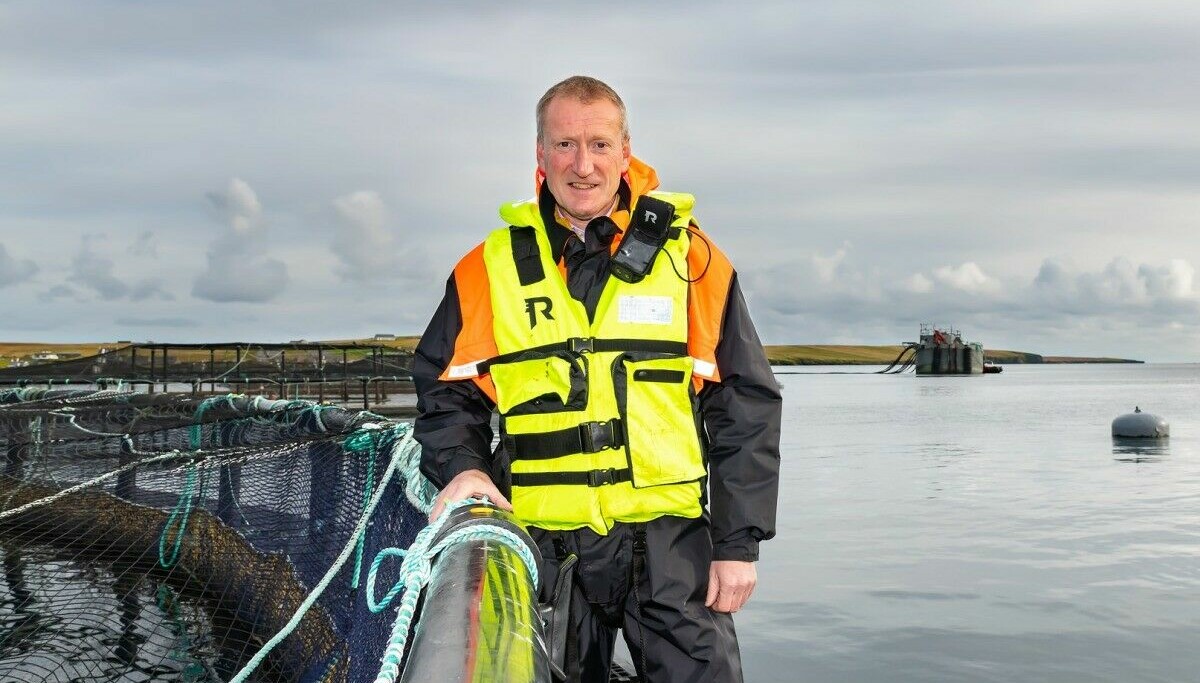Scotland: The Scottish Salmon Organization issued various requests to the UK and Scottish governments to encourage the development of the activity.
Scottish salmon farmers have put forward a list of changes they want politicians in Westminster, England and Holyrood, Scotland, to help the sector thrive.
Scottish salmon was the UK’s most valuable food export last year, but trade body Salmon Scotland said the sector faced a number of trade challenges.
Increased post-Brexit bureaucracy continues to add costs and delays for Scottish salmon farmers, while the recession in the UK has taken a toll on the economic environment.
“And the Scottish Government’s slow pace of regulatory reform is adding to the challenges facing aquaculture businesses,” Salmon Scotland reports.
Ahead of this year’s elections, all political parties are being urged to do more to support the sector, by putting forward a series of demands.
The organization also warned that other countries are looking to increase salmon sales more quickly, highlighting how important it is for Scotland to be considered “open for business”.
Salmon Scotland chief executive Tavish Scott said: “It is testament to the hard work of salmon farmers in rural Scotland that our fish has been named the UK’s biggest export in 2023 in challenging economic times.” .
“The Scottish salmon sector is a bright spot in the Scottish and UK economies and is ripe for investment and job creation. This is even more important as the UK is now officially in recession and there is no growth in Scotland, so we need more government support to ensure Scotland is open to business. “Other countries are eager to replicate our success, and it is vital that our sector, which provides jobs for 12,500 people and supports the most remote communities, is supported so we can achieve sustainable growth for decades to come,” added Scott.
What Salmon Scotland wants from Westminster:
Immigration: A more enlightened approach to the movement of labor to the UK, recognizing the unique challenges faced by Scotland’s rural and coastal farming communities, including changes to key definitions of workers and wider public signals that the UK is open to people coming here to work .
Relations with the EU: A serious and pragmatic approach to the UK’s relations with the EU, with a clear focus on the country’s export business which relies on positive and professional relations with France and other EU countries.
Veterinary agreement: the creation of a tailored and mutually beneficial sanitary and phytosanitary (SPS) agreement between the UK and the EU that restores efficiency to supply chains on both sides to help consumers and businesses in both regions.
International trade: smoother trade flows and access to new markets. In particular, the lack of new electronic certification for Export Health Certificates (EHC) and problems with existing legacy systems are currently causing millions of pounds in losses to salmon farmers every year. Salmon Scotland said improving the certification program must be an urgent priority for Defra.
What Salmon Scotland wants from Edinburgh:
Regulatory reform: Changes to the cultivation facility licensing program that take a long time and involve several regulatory agencies. If the system is simplified, as Professor Russell Griggs recommended in a recent independent review, the sector could deliver the responsible and sustainable growth needed to continue creating jobs in Scotland.
Rural housing: In many remote areas of Scotland, agricultural centers are vital to the future of local businesses and communities, but lack of access to rural housing is a major barrier for workers. The sector is calling for reform to ensure that the majority of seabed permit fees paid by salmon farmers are reinvested directly into rural communities, with a particular focus on new housing developments.

“Web specialist. Incurable twitteraholic. Explorer. Organizer. Internet nerd. Avid student.”






